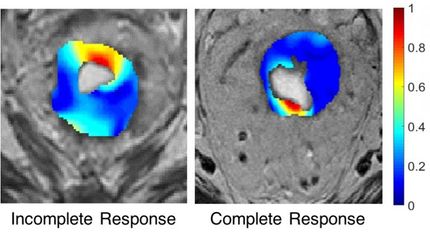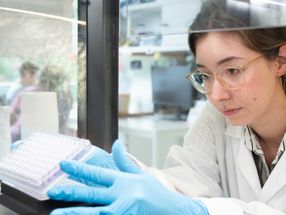Oxford Genome Sciences and Medarex Sign Therapeutic Antibody Collaboration Agreement in Cancer
Advertisement
Oxford Genome Sciences (UK) Ltd and Medarex, Inc. announced that they have entered into a strategic collaboration to discover and develop new human antibody therapeutics for the treatment of cancers, including colorectal cancer.
The collaboration combines OGeS' ability to discover novel targets for oncology with Medarex's expertise in the development of fully human antibody therapeutics. The collaboration provides for OGeS and Medarex to discover, develop and commercialize therapeutic antibodies on a 50:50 basis. Other financial terms of the agreement were not disclosed.
During the initial phase of the collaboration, OGeS intends to provide novel colorectal cancer targets, against which Medarex expects to generate fully human monoclonal antibodies using its proprietary UltiMAb Human Antibody Development System(r). OGeS plans to utilize its unique Oxford Genome Anatomy Project (OGAP(r)) database.
Other news from the department business & finance
Most read news
More news from our other portals
See the theme worlds for related content
Topic world Antibodies
Antibodies are specialized molecules of our immune system that can specifically recognize and neutralize pathogens or foreign substances. Antibody research in biotech and pharma has recognized this natural defense potential and is working intensively to make it therapeutically useful. From monoclonal antibodies used against cancer or autoimmune diseases to antibody-drug conjugates that specifically transport drugs to disease cells - the possibilities are enormous

Topic world Antibodies
Antibodies are specialized molecules of our immune system that can specifically recognize and neutralize pathogens or foreign substances. Antibody research in biotech and pharma has recognized this natural defense potential and is working intensively to make it therapeutically useful. From monoclonal antibodies used against cancer or autoimmune diseases to antibody-drug conjugates that specifically transport drugs to disease cells - the possibilities are enormous


























































